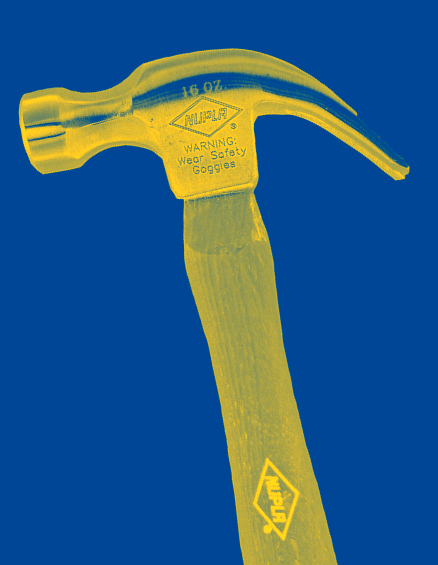Abetz talks of broad change on old lines
 Federal Employment Minister Eric Abetz has used a speech to a large workforce and labour conference to outline the LNP’s plans for reform.
Federal Employment Minister Eric Abetz has used a speech to a large workforce and labour conference to outline the LNP’s plans for reform.
There has been concern across construction and several other sectors about the new Federal Government’s plans for workplace relations, as many fear a return to the same conditions they fought against under previous LNP governments.
At the Australian Labour and Employment Relations Conference on the Gold Coast over the weekend, the Employment Minister said the Coalition does have workers’ needs in mind.
“I often say to those in the Senate who assert that they’ve got a stronger social conscience than myself; ‘You can’t really have a social conscience unless you’ve got a strong economy that can fund all those things that you want’. So the first building block, if I might say, is the need for a strong economy,” he said.
“We have moved very quickly in introducing that to which we believe we’ve got a mandate – namely, re-introduction of the Australian Building and Construction Commission, a Registered Organisations Commission, changes to the Fair Work Act.
“And, regrettably, the legislation has stalled in the place that I call home – namely, the Senate,” Senator Abetz said.
“Let’s be very clear, in my ideal world, there would be one law for everybody.
“But you know what? The unions never complain when in the Fair Work Act, there are special provisions to protect people in the textile, clothing and footwear sector because of their particular vulnerabilities.
“They think that’s a good idea. Yet, if you move to the other side of the ledger, and you say well, there are some unions that do not abide by the rule of law, that engage in intimidation and thuggery and therefore you need special laws in that area, all of a sudden the mantra is one law for all, but they forget about what they champion for textile, clothing and footwear workers,” he said.
“We believe that there are a lot of good things to be done. For example, with Individual Flexibility Arrangements we believe that they can be made more workable.
“Wherever I go people are saying; ‘I wish I could have some more flexibility’.
“We say yes to that, subject to one test – Labor’s test – that the worker has to be better off overall. The Better Off Overall Test, or the BOOT. We don’t think there is any problem with that.”
“We will have amendments for the Greenfields situation,” he said.
“For too long, resource projects in particular have been stymied with standoffs between employers and unions in circumstances where we desperately need new projects to get underway.
“[Under proposed changes] if after three months, an agreement has not been able to reached, the developer can go to the Fair Work Commission and say; ‘What we are offering is fair and reasonable in all the circumstances’. And then it will be for the Commission to determine whether that is the case or not,” Senator Abetz said.
“We are going to change the rules on right of entry... implementing Labor’s 2007 election policy and bring it back to where the right of entry rules were.
“We will ensure that good faith bargaining is genuinely part and parcel of the process.
“We do have a few other bits and pieces on the agenda as well, including with the Safety Rehabilitation and Compensation Act.
“We have the Productivity Commission review which will be taking place shortly. It will be a wide terms of reference which will enable you to basically canvas anything you wish in relation to the Fair Work framework,” he said.
“If you want a good workplace relations policy the starting point has to be a good, strong economy. It’s only a good, strong economy that provides jobs, stable jobs, career paths, etcetera.”







 Print
Print